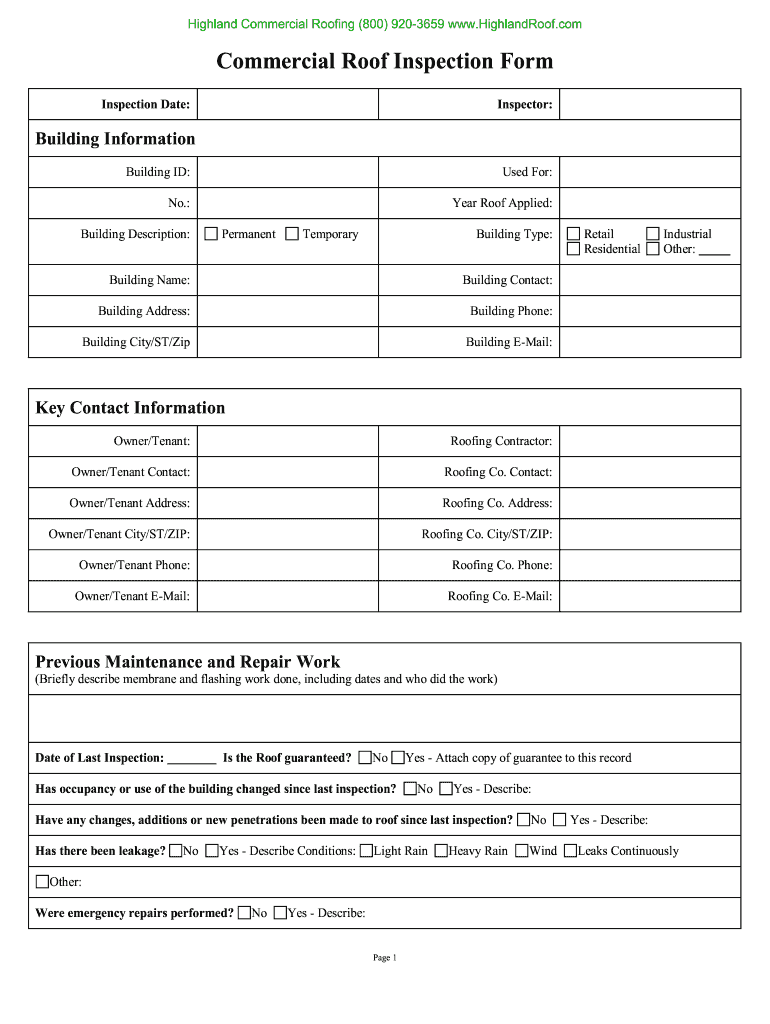Public transportation serves as a vital lifeline for millions of people around the world, providing a convenient and efficient way to travel from one point to another. In order to maintain a high standard of service and passenger satisfaction, transit agencies often employ Transit Quality Assurance measures to monitor and improve the overall quality of their operations.
What is Transit Quality Assurance?
Transit Quality Assurance refers to the process of implementing various strategies and protocols to ensure that the transit system is running smoothly and meeting the needs of its passengers. This can involve regular inspections, audits, and evaluations of everything from vehicle maintenance to customer service interactions.
Why is Transit Quality Assurance Important?
By implementing Transit Quality Assurance measures, transit agencies can identify potential issues before they escalate, thereby minimizing disruptions and improving overall service reliability. This can help enhance passenger satisfaction and loyalty, leading to increased ridership and revenue for the agency.
Additionally, quality assurance measures can help transit agencies comply with regulatory requirements and safety standards, ensuring the well-being of both passengers and employees. By continuously monitoring and improving their operations, transit agencies can enhance their reputation and standing within the community.
Read more about Quality Assurance here.
Key Components of Transit Quality Assurance
Some key components of Transit Quality Assurance include:
- Regular maintenance and inspections of vehicles and infrastructure
- Training programs for staff to ensure high-quality customer service
- Performance evaluations and audits to identify areas for improvement
- Feedback mechanisms to gather input from passengers and stakeholders
By focusing on these key components, transit agencies can proactively address issues and make data-driven decisions to enhance the overall quality of their operations.
In Conclusion
Ensuring excellence in public transportation is crucial for meeting the needs of passengers and maintaining a sustainable and reliable transit system. Through the implementation of Transit Quality Assurance measures, transit agencies can uphold high standards of service, enhance passenger satisfaction, and improve overall operational efficiency.







